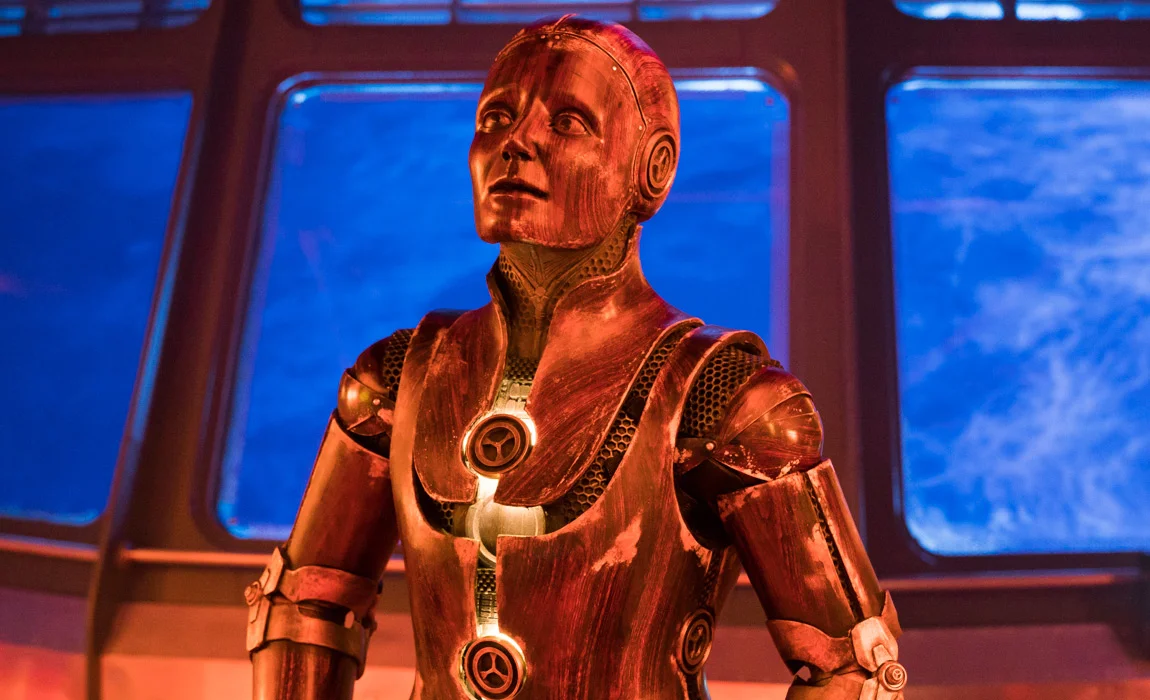Philip K. Dick, or PKD, was not just a science fiction writer; he was a visionary who seemed to have a talent for predicting the future. His work, which is characterized by its exploration of identity, reality, and what it means to be human, has left an indelible mark on the genre of science fiction, and his influence can be seen in numerous films, TV shows, and books.

Philip K. Dick was born in Chicago in 1928 and grew up in California. He started writing science fiction stories in the 1950s and quickly gained a following. His stories were unique, featuring bizarre and surreal plotlines that challenged readers’ perceptions of reality.
One of the most impressive things about PKD was his ability to foresee technological advancements that would later become commonplace. In his novel “Ubik,” published in 1969, he predicted the rise of personalized advertising, where ads are tailored to an individual’s specific interests and behaviors. At the time, this concept was unheard of, but today, it is a common feature of the internet, with companies like Google and Facebook using data mining to target ads to specific users.
Similarly, in his novel “The Minority Report,” published in 1956, PKD predicted the use of surveillance technology and the idea of pre-crime. The story takes place in a future where a group of psychics can predict crimes before they happen. The protagonist, John Anderton, is the head of the PreCrime division, which is responsible for arresting individuals before they commit a crime. Today, we have technologies like facial recognition software and predictive policing that are similar to what PKD envisioned in his story.
But PKD’s ability to predict the future wasn’t limited to his fiction writing. In the 1970s, he began experiencing a series of strange experiences that he believed were evidence of a vast conspiracy. He wrote extensively about these experiences and his theories, which included the idea that we are living in a simulated reality created by an advanced civilization.
PKD’s ideas about a simulated reality have gained new relevance in recent years with the rise of virtual reality and augmented reality technologies. These technologies allow us to create digital worlds that are indistinguishable from the real world, blurring the line between reality and simulation.
PKD’s influence on science fiction and popular culture cannot be overstated. His work continues to inspire writers, filmmakers, and creators to this day. And his ability to predict the future only adds to his mystique and legend as one of the greatest science fiction writers of all time.
But what was it about PKD that allowed him to make these predictions? Was he simply lucky, or did he have some sort of special insight into the future? Perhaps it was a combination of both.
PKD was known for his intense curiosity and his fascination with the unknown. He was constantly exploring new ideas and pushing the boundaries of what was possible. His work was often characterized by its surrealism and its willingness to challenge readers’ perceptions of reality.
It’s possible that PKD’s ability to predict the future was a result of this intense curiosity and his willingness to explore new ideas. By constantly questioning the world around him and imagining new possibilities, he may have been able to see the potential in emerging technologies and cultural trends.
Whatever the reason for his ability to predict the future, there is no denying the impact that PKD has had on science fiction and popular culture. His work continues to inspire new generations of writers and thinkers, and his legacy as a visionary and a writer is secure.




